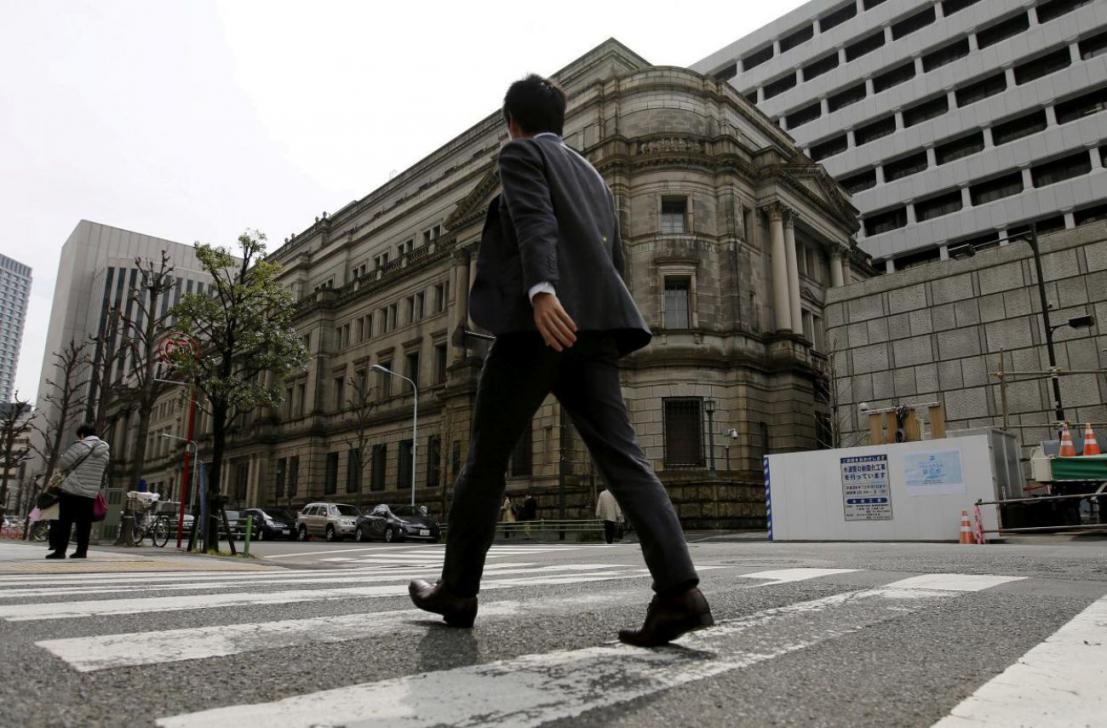Global strain stirs BOJ debate of more easing in March

Bank of Japan policymakers debated the feasibility of ramping up monetary stimulus at their rate review this month as heightening overseas risks weighed on the country's fragile economy, a summary of opinions of the meeting showed on Tuesday.
While many in the board maintained their view Japan's economy continued to expand moderately, some voiced concern over the impact of slowing global demand and the potential hit to consumption from a scheduled sales tax hike in October.
“In the current situation where downside risks are materializing, the BOJ should be prepared to make policy responses,” one of the central bank's nine board members was quoted as saying.
“If there are concerns that the inflation momentum will be lost, the BOJ should ease policy decisively,” the member said.
Another member said the BOJ must act “preemptively” if economic and price developments deteriorate, the summary showed.
Others, however, were more cautious about topping up an already massive stimulus program. Some said maintaining the current policy was the best approach given the rising cost of prolonged easing, according to the summary.
“In a situation where a virtually zero lower bound exists, there is a possibility the effect of monetary easing via an additional decrease in government bond yields will be limited than before,” one board member said.
At the March 14-15 meeting, the BOJ kept monetary policy steady but downgraded its view on exports and output in a nod to the impact of slowing global growth.
“There's concern Japan may face growing signs of sliding into recession, depending on the impact of overseas economic developments and the scheduled domestic sales tax hike,” one member was quoted as saying in the summary.
The BOJ faces a dilemma. Years of heavy money printing have dried up market liquidity and hurt commercial banks' profits, highlighting the rising risks of prolonged easing.
And yet, subdued inflation has left the BOJ well behind its US and European counterparts in dialing back crisis-mode policies, and with a dearth of ammunition to battle any abrupt yen spike that could derail an export-driven economic recovery.
